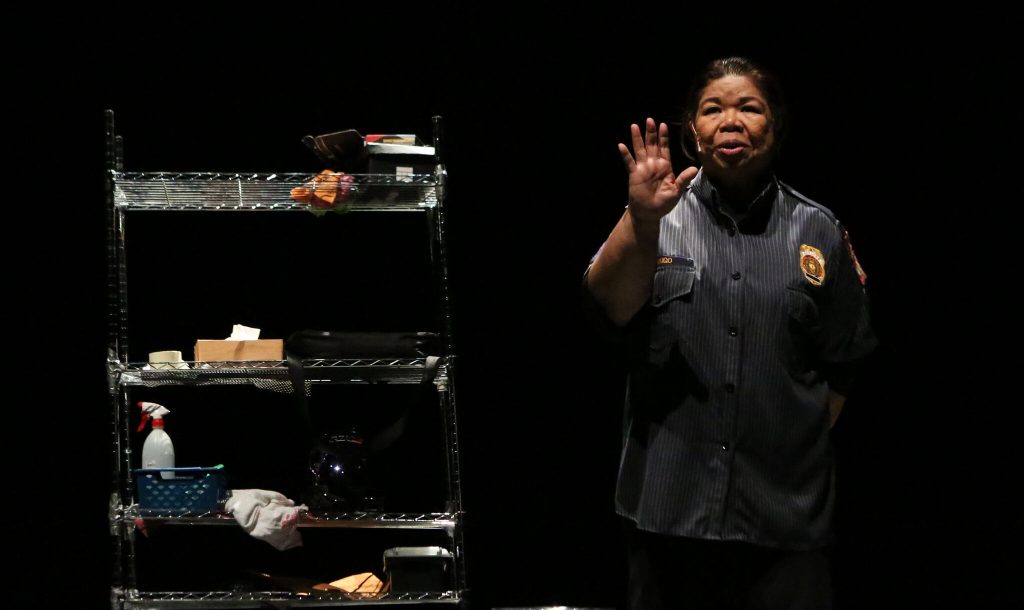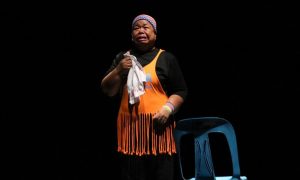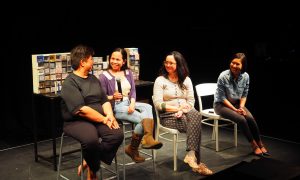In the early months of Rodrigo Duterte’s presidency, I wrote a piece about the civil society’s role in fighting the bloody war on drugs. I argued that the extensive experience of human rights advocates in pushing back against forced disappearances and extra-judicial killings in previous regimes serve as crucial resources to fight Duterte’s abuses.
One group that has risen to this challenge are progressive artists. During Martial Law, Filipino artists were among prominent political dissenters who resisted the former president and dictator Ferdinand Marcos, Sr. Today, performance artists are back in the streets and on stage.
Some artists created the notable performance advocacy Tao Po—monologues based on the lives of people affected by the drug war. The four monologues feature the perspectives of a photojournalist, a widowed Zumba instructor, a police officer cum hired killer, and a girl orphaned by the war.
In September 2018, the Australians for Philippine Human Rights Network presented the international premiere of Tao Po in Australia. The production was led by Mae Paner, also known as Juana Change, a long-time theatre activist who performed four monologues written by prizewinning playwright Maynard Manansala.
The team included director Ed Lacson, Jr. and stage manager and producer Patricia Gascon. They presented the play in Filipino with English subtitles at Melbourne’s Footscray Community Arts Centre, as part of the Melbourne Fringe Festival, and at Canberra’s Street Theatre.
In this review series, I invited Filipinos in Australia who watched Tao Po to share their thoughts about the play. The four writers emphasise the power of Tao Po to draw in audiences into the stories and inspire reflection, critical thinking, and action. Here are their thoughts.
For Teresa Jopson from the Australian National University, watching Tao Po is an invitation to understand others and ourselves amid the drug war. The play invites us, ultimately, to respond to a culture of impunity. Daniella (Sunny) Tan, from the ANU Filipino Association, was drawn to the play because the monologues directly addressed the audience as characters and the post-performance Q&A further connected the audience to the artist and narratives.
Watching Tao Po is witnessing complicated answers. Reagan Romero Maiquez, from the Advanced League of Peoples’ Artists Melbourne, finds that, beyond sentimentalism, the play presents complicated answers to difficult questions on our values as a society.
As a native of Davao City, Duterte’s home turf, Rommel Real from the Australian National University is all-too familiar to public support to the drug war. He reflects on how Tao Po can perhaps move supporters of the drug war.
These reflections, I hope, inspire better ways of dealing with the drug war as a society. One way to respond to the deadly drug war is to support initiatives like Tao Po*.
Instead of putting up walls, let’s build bridges just like the play, and engage with one another, regardless of where we sit in the drug war debate.
 Facebook
Facebook  Twitter
Twitter  Soundcloud
Soundcloud  Youtube
Youtube  Rss
Rss 



